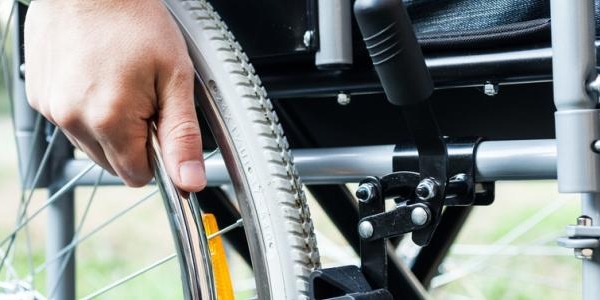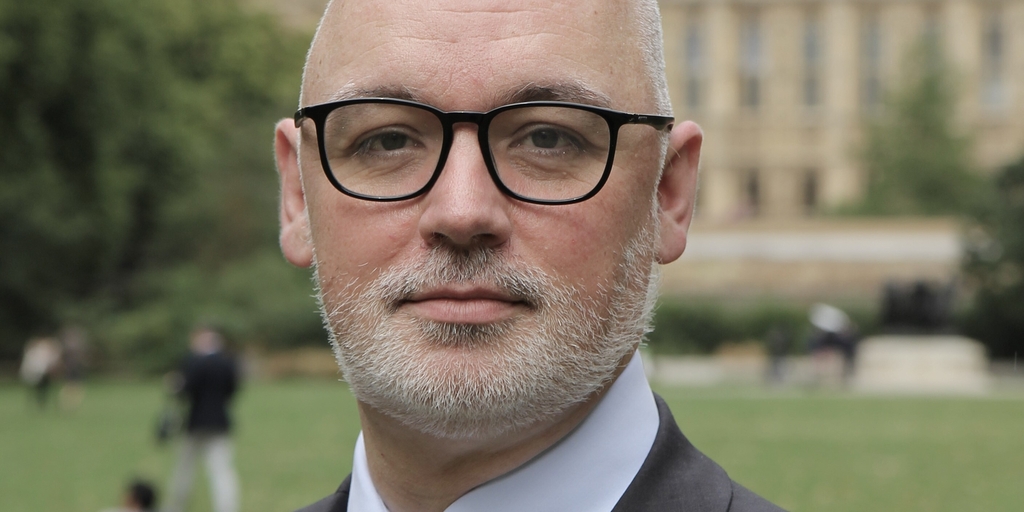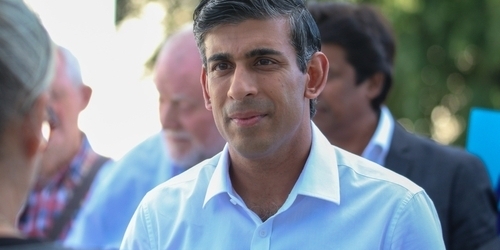The Killing of Tine Nys
Assisted Suicide
Euthanasia isn’t a problem, they keep telling us. Don’t believe the scare stories. All we want to do is enable people who are terminally ill to end it all a bit sooner and in more comfort. To save them from doctors who want to keep treating them after treatment is pointless. To respect the right of the dying to die in peace.
Well, here’s a scare story for you! Hop on the Eurostar for a couple of hours and you’ll find yourself in Brussels, capital city of Belgium. Top of this morning’s news?
Well, the English language newsletter The Bulletin actually begins with a story about a frozen mouse found in a bag of spinach. You have to read right down to the bottom to discover Belgium’s first-ever trial for euthanasia. Nearly 20 years after the country decided to follow the example of The Netherlands by legalizing killing by doctors, three of their number are on trial for poisoning a patient. If they’re convicted, they could get 30 years in jail.
They’re only in the dock because the family of 38-year-old Tine Nys has been campaigning to bring them to justice. Her sisters Sophie and Lotte, who hasten to add that like many Belgians and Dutch they aren’t against euthanasia in principle, were actually present when one of the three doctors called round to give her the killer jab. She says it was like “a pet who has to be put down…. He was simply inhuman.” They reckon their sister was murdered.
According to Belgian law, to get euthanasia you have to have an incurable illness. It doesn’t have to be a physical illness – psychological illness will do. Which raises one of the most profound problems with any euthanasia law, since people with psychological illnesses are often depressed. And when you’re depressed – as well all know, and as courts and ethicists have always said in the past -you can’t think straight, so you can’t properly “consent” to something as important as death.
In this case, however, the plot thickens. While first time around a court rejected the case, saying the sisters didn’t have enough evidence to claim the killing was a crime, they persisted. The court of appeal in the city of Ghent decided otherwise.
It’s a very sad story. Apparently, Tine had had a difficult life in her youth. She’d been in and out of psychiatric care, and she’d attempted suicide. But, Sophie and Lotte say, it had been at least 15 years since any of that. She’d matured and sorted herself out and had a good job that she enjoyed.
What upset the applecart? A broken relationship. She felt rejected, and it reminded her of all those bad feelings from when she was younger. Meanwhile, she was diagnosed with autism, just months before her death. Her sisters say she never had a chance to come to terms with what that meant.
She had been to see a doctor and asked him to end it all. Then, as the law requires, she went to a psychiatrist, and she signed off. They needed one more doctor, and this proved a bit of a problem as docs kept saying No. But they found one in end – a man with a criminal record for threatening someone with a weapon, and two drunk driving convictions.
He said Yes, and came round with his syringe and his poison. Apparently the killing itself was a complete mess. According to a report in The Independent, he had to ask her parents to help hold the needle in place as the poison dripped into her bloodstream, and he then handed them a stethoscope to check she was really dead.
More than 10,000 Belgians have been killed by doctors since 2002. In only one other case were legal issues raised, and a prosecutor dismissed them.
The case of Tine Nys is set to be a cause celebre. The best-known lawyers in Flanders, the Dutch-speaking province of Belgium, have been hired to defend the doctors. The jury is just now being picked. Let’s hope and pray for some justice for this depressed young woman. And her grieving family.





Share story
The Killing of Tine Nys